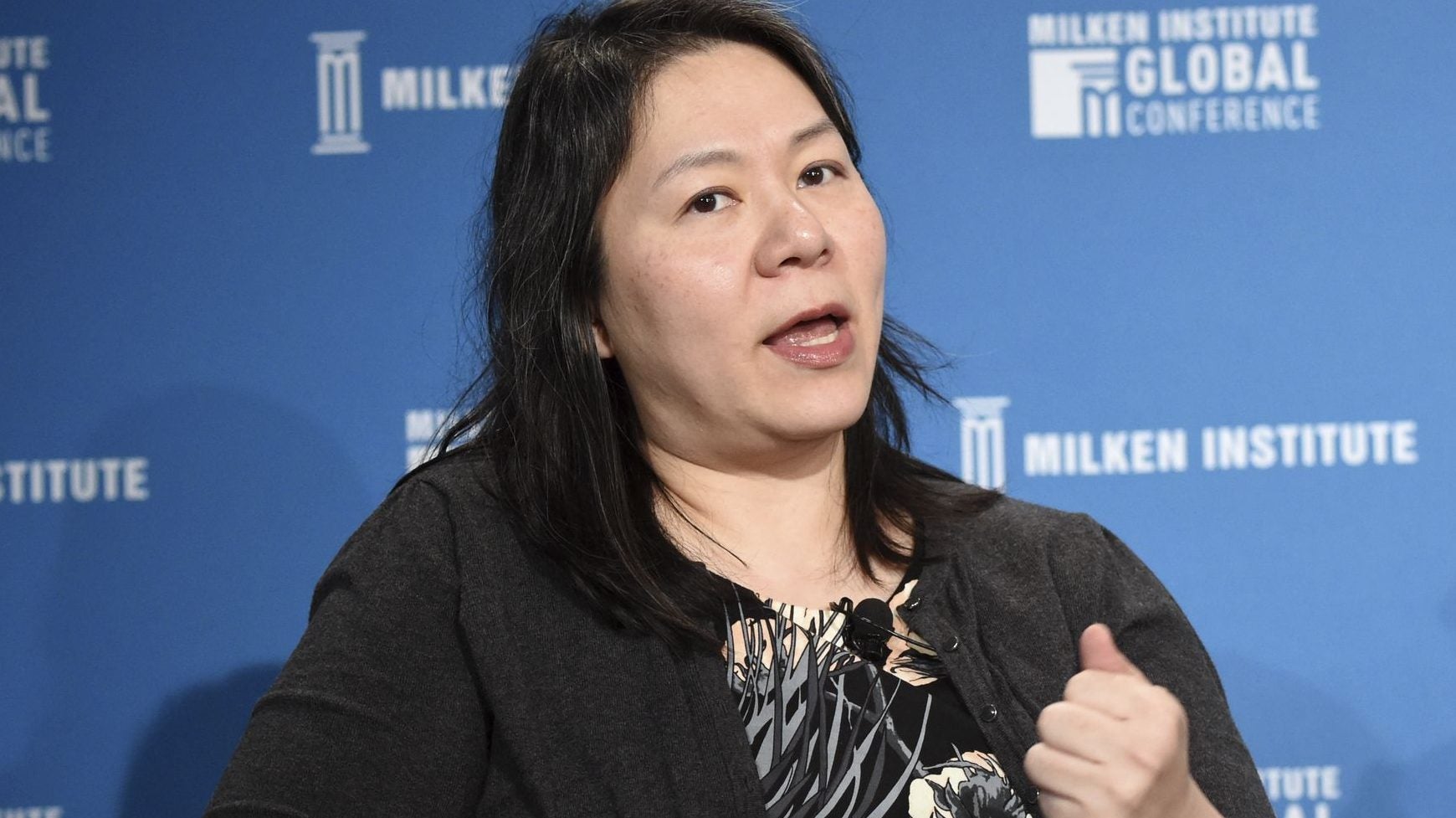Uber’s head of diversity says most people make a mistake when thinking about inclusion
Most people think that becoming more inclusive means first learning about others, according to Bo Young Lee, Uber’s new chief diversity officer.


Most people think that becoming more inclusive means first learning about others, according to Bo Young Lee, Uber’s new chief diversity officer.
“We often think, ‘I need to learn more about them. What are women like?’” Lee told an audience at the Milken Institute Global Conference 2018 in Beverly Hills yesterday (May 1).
But Lee suggests an approach that starts elsewhere: “The best thing you can do is sit down for a moment and ask yourself, ‘What is my cultural orientation?’”
She recommends asking: Am I emotionally expressive or typically more neutral? Do I understand power in terms of a hierarchy, or am I more inclined to see a flat structure? Is your control orientation internal, that is, do you believe you have some control over what happens in your life, or external, where you believe outside forces have more influence?
“We don’t really spend a lot of time getting to know ourselves,” says Lee, adding, “I know it feels squishy,” but “the more we know who we are, the more you can say, ‘Okay, that’s why I built this team that has these attributes, because it’s me that’s doing it.’”
Uber, of course, is fertile ground for introducing a mindset of inclusivity. Ever since Susan Fowler, a former engineer at the firm, wrote a blog post detailing sexual harassment and systemic sexism at the company in early 2017, the organization has been desperately trying to shake off its reputation as being the least inclusive, most bro-y firm in Silicon Valley.
Lee has been at the ride hailing company for a month, after leaving a similar position at professional services firm Marsh & McLennan. She says the employees she has met are eager to create an atmosphere of acceptance, adding later that just as many young men have come to her to ask about starting a family without jeopardizing their jobs as have women.
Lee counsels those who ask her about inclusivity to become more aware of their own biases and default positions. That helps them avoid the trap of thinking: “My norm is the the right norm and everything else is a deviation from my norm,” she says, a belief that may be unconsciously driving everyday decisions.
To the men in the crowd, Lee expressed some empathy, saying that this exercise could be more challenging than it is for women, since men are not socialized to think this way, or to ask themselves: “How do I behave and how does my behavior impact people around me?”
Companies and organizations also need to create conditions where all opinions are valid, Lee said. Especially now, in an emotionally charged #MeToo era, where “there is a fear that I’m going to say the wrong thing, so I won’t say anything at all.”
When someone tells her how they’re feeling, whether they’re angry or fearful of a change in their company—and Lee said she’s heard some truly horrible things—she doesn’t respond with surprise or any obvious emotion. “I am neutral,” she said to the audience, while demonstrating an unflappable expression. Judgment shuts down a conversation.
“I say, tell me where you are,” she explained, “and then I can work you to where we need to be as an inclusive organization.”